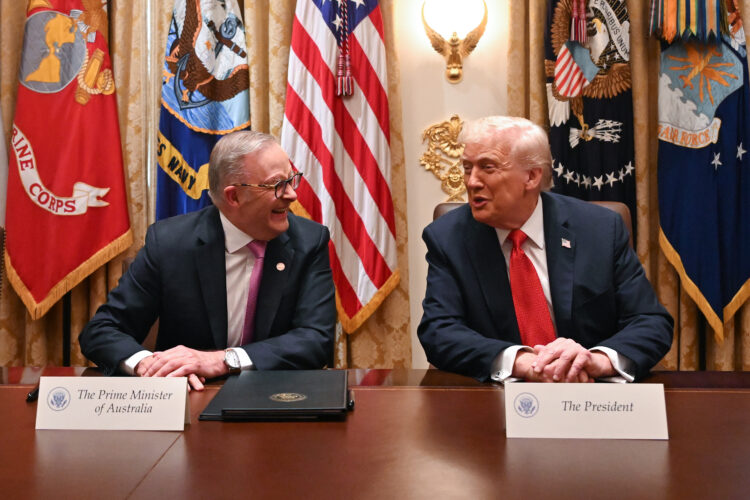Albanese responds to South Korea nuclear sub deal
This is not going to be good for Australia for the reasons Allan has laid out a little earlier. Here is what the PM had to say about it:
JOURNALIST: Prime Minister, the US President has confirmed a green light to transferring the nuclear technology needed to South Korea to enable them to build nuclear-powered submarines. Given our enormous investment in AUKUS, does this concern you in any way and do you agree with the summary that many are taking from this, that South Korea is actually being given a higher level of secret US nuclear technology than we’ll receive under AUKUS?
PRIME MINISTER: No, in a word. To put it clearly. These bilateral arrangements are a matter for the United States and Korea. The arrangements that Australia has entered into with the United States and the United Kingdom are in our national interest, they will provide for Australia to have access to that technology. And that’s a very positive thing.
JOURNALIST: But just following up on that, the US Defence Secretary said it was highly doubtful the US would be able to sustain AUKUS while also helping the South Koreans get nuclear. So, given this announcement by President Trump, do you think there are potential implications for AUKUS?
PRIME MINISTER: No. I think President Trump’s comments couldn’t have been clearer and they were very clear last week in the White House. They’ve been clear ever since. President Trump has made very explicit his not just support for AUKUS, but indeed the bringing forward of the timetable, if that is possible.
(The US can not deliver the submarines at any time)


